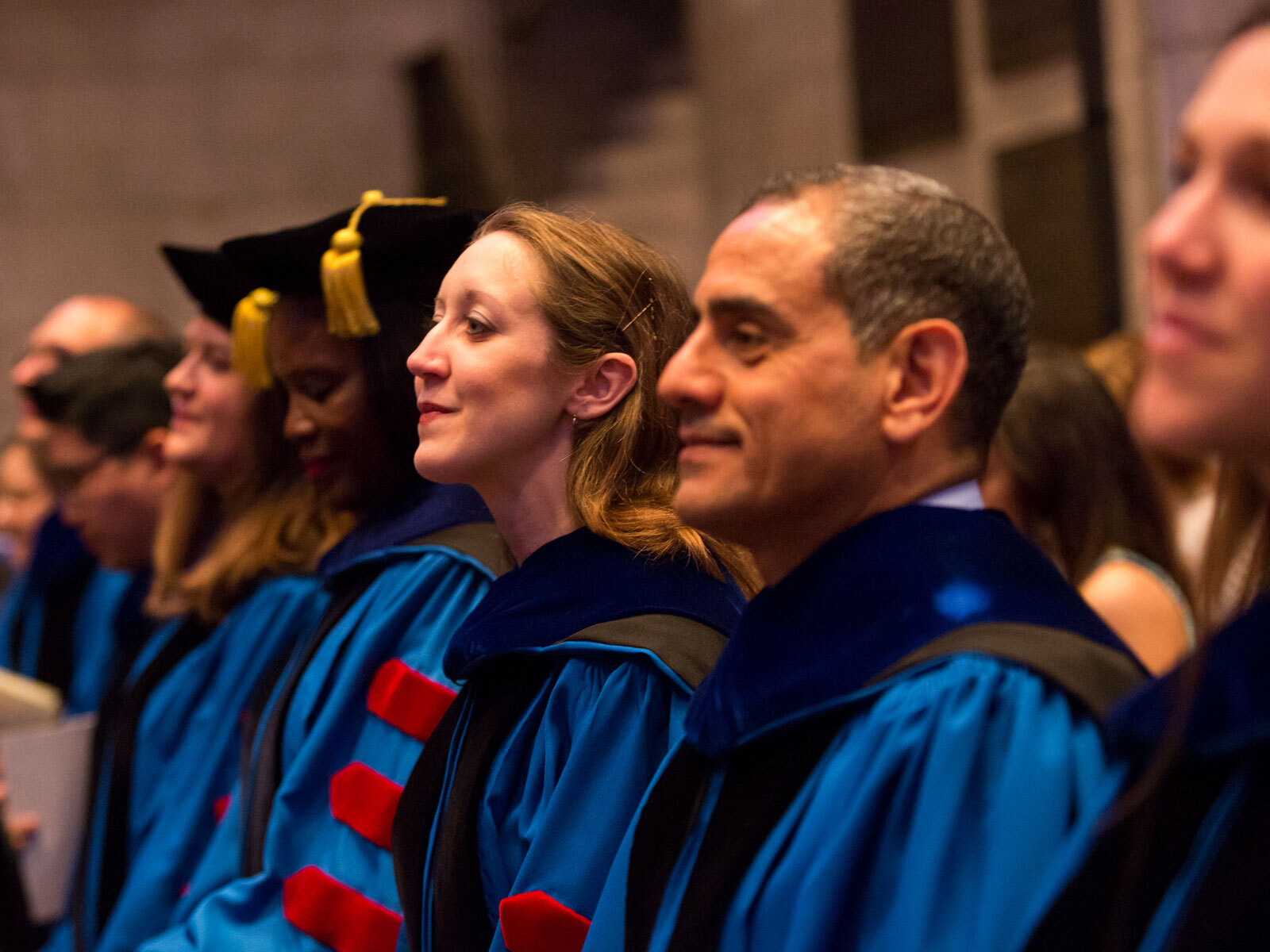Princeton Theological Seminary Embraces Bold Vision for PhD Program in a Changing World
June 9, 2022 | Academics, Admissions, Featured, Public, Releases & Statements

PRINCETON, NJ—At a moment when many doctoral programs in the humanities have been forced to cut back or shutter entirely, Princeton Seminary’s ambition for its PhD program is growing. This spring, the faculty unanimously endorsed a bold and visionary approach to doctoral education in the 21st century, centered on revisions to the curriculum and daring new professional development initiatives designed to prepare students for leadership within and also far beyond the academy.
This new vision emerged out of a year of intensive study and deliberation, galvanized by a faculty taskforce charged with reimagining doctoral education for a rapidly changing church and world. “The hope, from the outset, was to explore what it would mean for the Seminary’s doctoral program to set the pace in theological education for decades to come,” says Heath W. Carter, Associate Professor of American Christianity, who chaired the taskforce.
Over the course of the 2021-2022 academic year the taskforce gathered data and solicited input from all major stakeholders, including alumni, faculty, and current students; from leading national experts on doctoral education in the theological academy; and from an external team of eminent scholars, who conducted an entirely independent review of the program. After a period of vigorous discussion and analysis, the taskforce prepared a final report and set of recommendations, which were enthusiastically affirmed by the faculty in May 2022.
The document affirms the need to sustain the Seminary’s tradition of academic excellence as well as its commitment to bringing in cohorts of ten doctoral students each year. At the same time it calls for sweeping changes, ranging from a new interdisciplinary seminar for first-year doctoral students to a heightened emphasis and support for a 5-year time-to-degree.
In the coming weeks the Seminary will make a major investment in these plans for reform, creating a new position—Associate Dean for PhD Studies—and hiring a visionary leader into it. The Associate Dean will spearhead the creation of innovative new programs focused on everything from cutting-edge pedagogy to professional development to job placement. “With their expert help we will continue to prepare rising generations of teachers and scholars,” Carter observes, “while also helping students to make connections between their academic training and wide-ranging careers in church, government, journalism, entertainment, business, and more.”
The Seminary’s vision will have implications far beyond its gates. Dr. Patrick Reyes, Senior Director of Learning Design at the Forum for Theological Exploration and one of the national experts consulted for the report, charged the taskforce to remember that the recommendations for the doctoral program would have significance not only for the future of Princeton Seminary but also for the shape of theological education as a whole. “The world needs trained scholars shaping the theological imagination across sectors, and few institutions are financially and structurally ready to meet the challenge intentionally. My sincerest hope is that PTS takes the necessary risks explored in their doctoral program review to expand the scholarly vocation and lead the field in innovative approaches to training the next generation of scholars.”





